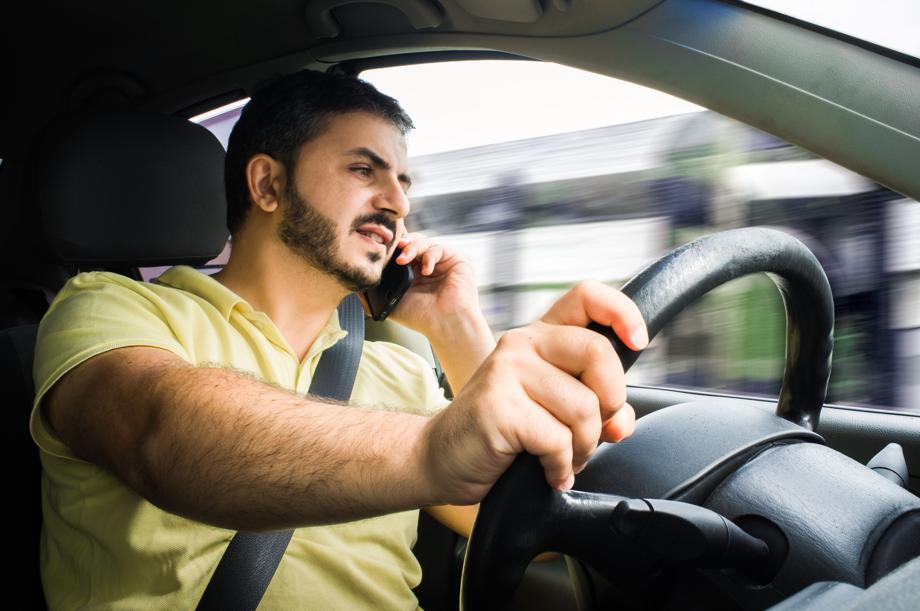
Late night T service is long dead. But how about early morning service? Like, really early.
A little more than one year after ending extended bus and subway service on Friday and Saturday nights, the MBTA is exploring whether an overnight service would fare better. The agency on Wednesday requested input from businesses to provide service between 1 a.m and 5 a.m., using buses or other vehicles, but not the subway.
Among the answers the MBTA wants from interested parties is: How much will it cost?
For an agency with perennial financial problems, this is probably the biggest question. Extending weekend service to 2:30 a.m. ended up costing the MBTA more than $14 million a year, and an effort to get businesses to underwrite some of that cost fell far short.
For the overnight service, the MBTA is asking interested parties whether they would be willing to operate all night, rather than for just a few hours, and whether they prefer fixed routes or dispatching vehicles based on demand.
That last one raises the possibility that ride-hailing companies Uber and Lyft — which already work with the T to offer paratransit service for riders with disabilities — may be induced to provide overnight service, too.
A spokesman for Lyft said the company is “absolutely interested in servicing late night transportation needs,’’ and that it expects to submit a response to the MBTA. Uber said it was not prepared to comment.
Though the T’s governing board chose to end the late night weekend service, it has been more receptive to running buses or other surface vehicles across the city in the early morning hours. The idea was first brought to the agency by a group of activists who say the service would help ensure low-income, early morning workers can get to work.
That service could be more limited than the previous version in some ways, because it would not use the subway system. But it could be more expansive in other ways, if it ran all night or every day of the week.
The T is accepting comments from businesses until June 28, and will then develop a proposed pilot service based on that input. If the board ultimately approves the pilot, private companies would bid to operate it.
Time to put down the phone?
Massachusetts lawmakers are taking another crack at banning drivers from holding phones in their hands while driving. The House of Representatives on Wednesday advanced a bill that would require hands-free devices, like Bluetooth connections, for calls while in the car.
The bill is still a ways from becoming law, but has been ordered to a third hearing in the House — one of the final steps before it can come to a vote. It would strengthen the 2010 law banning texting and driving by preventing drivers from touching or holding their phones for calls, except to start or end the call or during an emergency. It would also explicitly ban drivers from using video apps or social media while behind the wheel.
The state Senate passed a hands-free cellphone bill last legislative session, and a House version made it to the third reading but did not become law.
So far, 14 states have banned hand-held phone use while driving, according to the Insurance Institute for Highway Safety, which researches roadway safety matters.
The Massachusetts bill may still need some ironing out before it comes to a vote, said Representative William Straus, co-chair of the Legislature’s transportation committee. He wants the wording to more clearly ban drivers from manipulating any smartphone application. For example, he said, drivers should not be allowed to type addresses into a mapping app while moving.
Emily Stein, who has advocated for stronger distracted driving laws as president of the Safe Roads Alliance, said the current texting ban “is completely outdated and not effective’’ because it failed to account for smartphone apps. She said the bill under consideration marks progress for her cause, but hopes to see it further strengthened. If the bill includes exceptions, she said, law enforcement will have a tough time proving a driver was improperly using his phone.
“There’s no way a police officer can tell the difference between a driver who is texting, dialing a 10-digit number, or a driver who is putting in GPS,’’ she said.
Not-so-super commutes
Between 2010 and 2015, Massachusetts saw a 45 percent increase in the number of commuters whose trip to work took 90 minutes or longer, according to new research from the Pew Charitable Trust. Nearly 113,000 Bay State residents are now spending more than three hours a day on round-trip commutes.
No, these people probably aren’t all transit masochists. Pew says these transportation times are driven at least in part by real estate trends: As cities get more expensive, workers are forced to move further from major job centers.
Massachusetts saw the third highest increase in so-called super commuters since 2010, according to Pew. Rhode Island saw an increase of 61 percent, second to Hawaii at 63 percent. The United States as a whole saw a 23 percent increase in 90-plus minute trips to work.
Sound like you? Drop me a line — we want to hear more about these crazy commutes.
Adam Vaccaro can be reached at adam.vaccaro@globe.com. Follow him on Twitter at @adamtvaccaro.



